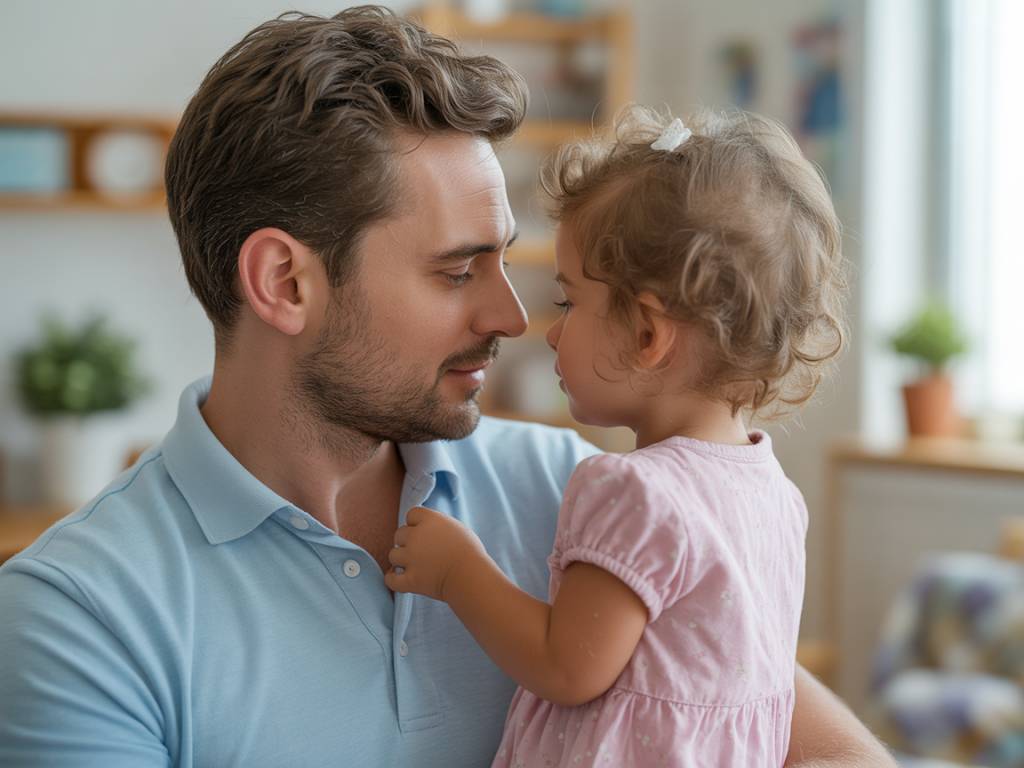Understanding the Role of Friendship in a Child’s Development
Friendship is more than playdates and shared toys — it’s a cornerstone of emotional and social development in every child’s life. Healthy friendships help children build confidence, learn empathy, and develop communication skills. For single parents, guiding a child through the complexities of friendship can carry unique challenges, especially when you’re balancing work, household responsibilities, and parenting solo. Yet, being proactive about helping your child forge positive social connections can have lasting effects on their personal growth and emotional well-being.
Even if you don’t have a partner by your side, you have everything you need to mentor your child through their social experiences. Whether your child is shy and hesitant or outgoing and eager, your encouragement and guidance can make a significant difference in how they navigate friendships.
Being a Model for Healthy Relationships
Children learn by example. The relationships they see around them—between you and your friends, siblings, co-workers, or even your ex-partner—can shape their understanding of what friendship should look like. Demonstrating respect, communication, and boundaries in your own relationships sends a clear message to your child about what is acceptable and healthy.
If you’re co-parenting, your collaboration (or lack thereof) with the other parent might also play a crucial illustrative role. Even in difficult circumstances, showing civility and cooperation teaches resilience, forgiveness, and maturity. Talk openly with your child about moments where you’ve learned or grown in your own friendships. It helps them understand that relationships are a work in progress for everyone—adults included.
Creating Space for Open Dialogue
As a single parent, the bond between you and your child may be especially close, and maintaining open, honest communication is vital. Encourage your child to talk about their social interactions—the good, the bad, and the confusing. Let them know it’s okay to have mixed feelings about friends and that you’re available to listen without judging or automatically jumping in to fix things.
You can help by asking guiding questions such as:
- “How did that conversation make you feel?”
- “What would you like to happen next time?”
- “Do you think that behavior was kind?”
When children reflect on their experiences, they begin to understand social cues, recognize healthy dynamics, and trust themselves to handle conflicts or misunderstandings.
Setting Boundaries and Teaching Respect
One of the best ways to help your child develop strong friendships is by teaching them how to set boundaries and respect those of others. This includes physical space, emotional comfort, and personal time. Children who are empowered to speak up when something feels wrong are more likely to seek out and maintain mutually respectful friendships.
Start by incorporating boundary-setting practices at home. For example:
- Respect your child’s privacy when possible and teach them to do the same for others.
- Discuss consent in age-appropriate ways, such as asking permission before hugging someone.
- Help them express when they need alone time or if they don’t want to play in a certain way.
These daily habits translate into stronger self-awareness and social resilience among peers.
Identifying Unhealthy Relationships
Not all friendships are beneficial, and children need help learning to recognize when a relationship may be harmful. Signs of toxic friendships may include peer pressure, manipulation, exclusion, or a consistent sense of discomfort. Because children might not always feel confident in naming these experiences, paying attention to behavioral shifts can offer clues. If your child becomes withdrawn, anxious, or unusually moody after spending time with certain peers, it may be worth exploring what’s happening.
Instead of labeling the friend as “bad,” focus on specific behaviors. Help your child develop language that allows them to assess interactions and set limits. Encourage them to express phrases such as:
- “I don’t like when you tease me about that.”
- “I need a break from playing today.”
- “That joke made me feel uncomfortable.”
This kind of self-advocacy is essential, and it starts with your support at home.
Building Social Opportunities
As a single parent, your schedule might be packed, but creating space for social experiences is worth the effort. These don’t always have to be elaborate playdates or organized sports; small interactions can be equally meaningful. Encourage your child to invite a classmate over, attend local library events, or join community programs where other children gather.
You can also build a support network with other parents. A shared commitment to kids’ social development can mean trading supervision for playdates or finding extracurricular activities together. These low-pressure environments offer children the opportunity to forge and strengthen friendships while helping you stay connected with other adults.
When Conflicts Arise
Arguments and fallouts are part of growing up. The goal isn’t to help your child avoid all interpersonal conflict but to equip them with tools for managing it constructively. Teach them how to apologize, forgive, and express their emotions without blaming or shaming others.
Role-playing can be especially effective here. Run through common scenarios with your child—how to stand up for themselves if a friend is being mean, how to handle jealousy if their best friend plays with someone else, or how to make amends after they’ve hurt someone else. These rehearsals increase emotional intelligence and reduce anxiety during real-life conflicts.
Celebrating Friendship Wins
Just as you support your child through social missteps, it’s important to celebrate the positive moments as well. Acknowledge when your child is inclusive, goes out of their way to help a friend, or bravely addresses a conflict. Praise their kindness and courage. This reinforcement not only builds confidence but also deepens their understanding of what makes a friendship meaningful.
Consider creating rituals around friendship—writing thank-you cards to friends, talking about “best moments” of the day at dinner, or making a small friendship journal together. These actions help your child see the value of nurturing real, reciprocal bonds with their peers.
Embracing the Journey Together
Guiding your child through the ups and downs of friendship as a single parent requires intentionality, compassion, and patience. You may not have all the answers, but your consistent presence and willingness to engage in meaningful conversations give your child the foundation needed to form healthy, lasting relationships.
Remember that fostering social growth is not a one-time conversation—it’s an ongoing, evolving process. By staying involved, modeling respect, and encouraging open communication, you’re laying the groundwork for your child to become a thoughtful, emotionally-aware friend and human being.



